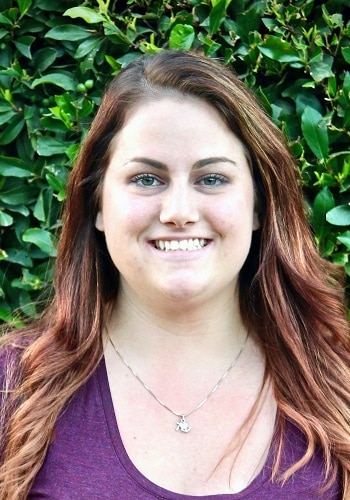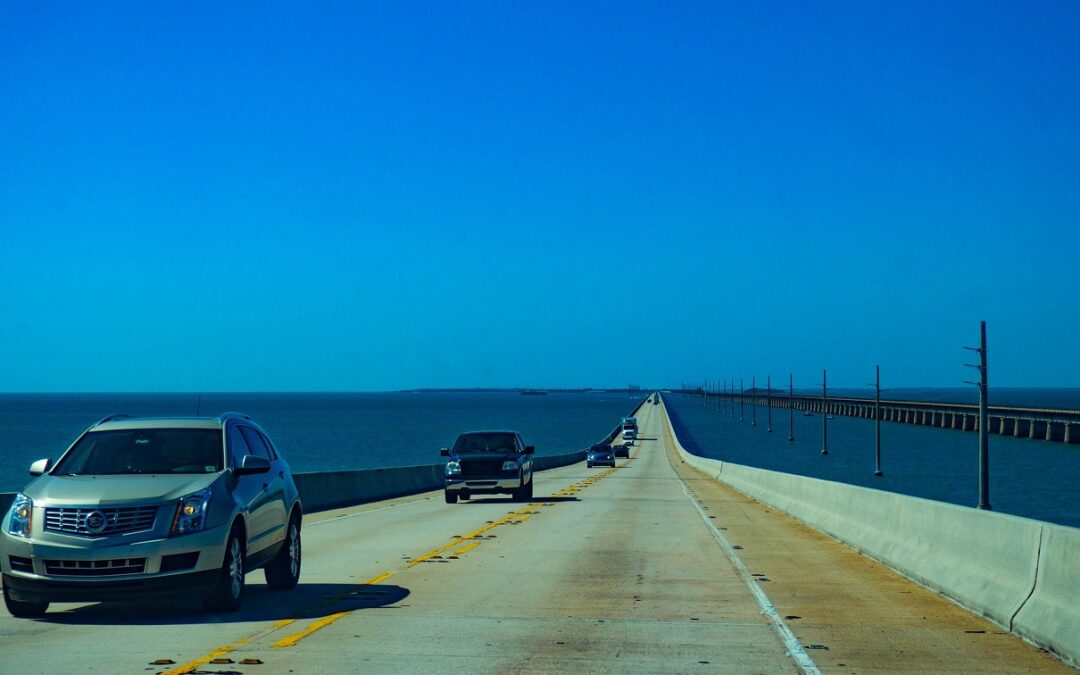By Sarah Martinez
SpouseLink Ambassador &
Guest Blogger
It was 5:45a.m. when I managed to wrestle my tired toddler into her car seat for the trip. The island was dark, and the Key Deer were still out grazing on grass on the sides of the road as we made our way on the 163-mile drive. With my GPS telling me the route, we listened to “The Wheels on the Bus” about 15 times, and I found myself acting it out as I sang along. I would do just about anything to keep my daughter content in morning Miami rush-hour traffic.
I pushed the button for a garage parking voucher across from the Bascom Palmer Eye Institute in Miami. “Shew! We made it with 35 minutes to spare, Melanie!” I said to my daughter in the rear-view mirror. Now what? I had no clue where to go, but I knew I needed to at least get to the entrance of the hospital. Down the elevator and across the crosswalk I trekked with my daughter in her stroller, my purse, snacks, and her favorite stuffed animal in true mom pack mule fashion. Looking back on that experience, I am so thankful I reached out to TRICARE prior to making the trip!
Living on a remote island sounds like paradise, and for the most part, it is. One aspect of living in Key West that I was not considering when we PCS’d here was the access to healthcare. I gave birth to my daughter at Lower Keys Medical Center in Key West. I thought that since there was a hospital here, we would have easy access to all necessary medical resources. I was sadly mistaken when I found out at my daughter’s 18-month checkup that she needed to see an ophthalmologist.
My daughter failed the eye screening at her pediatrician’s office in Key West and they were referring her to a specialist in Miami. “Miami? Is there no one local that she can be referred to? That is a 163-mile drive one way,” I asked her pediatrician with concern. Her response left us with no option but to make the trip up to the specialist, unfortunately.
Being a working military spouse, it was up to me to figure out the logistics of this trip as my husband is on Active Duty, and his time off is not as flexible as mine.
Having to travel so far for medical care was new to me. I reached out to TRICARE to determine what our options were as far as reimbursement for travel time. I knew I was going to have to utilize a full tank of gas in my ten-year-old gas guzzling car for the trip. Plus, I would possibly have to get a hotel since it is about a three-hour drive each way (on a good day with no traffic). Not to mention food during the travel, and any incidentals that come up. What about our pets at home while traveling up there? I am going to have to hire a dog walker for the day. Putting these factors together, it was overwhelming! Military spouses, like myself, are often the ones figuring it all out while our service members are fulfilling their duties.
TRICARE saved the day when I received the paperwork and information for reimbursable travel expenses for medical care after a 15-minute phone call. I’ve been married for 10 years, and I did not know that TRICARE Prime had this benefit for remote duty stations! I received forms DD1351, DHA126, and DHA131. Now, this might all sound foreign like it did when I was told these forms are online for me to print; however, after reading through the paperwork, it was simple. I made sure to read all the fine print, document everything, and keep ALL receipts from my trip up to see the ophthalmologist.
It is not my first instinct to ask for help/resources. The reimbursement was processed quickly, and I couldn’t imagine the expenses that would incur for those families in similar situations that need to regularly see specialists while in a remote duty stations. If you ever find yourself in a similar situation, make sure you reach out for the resources that can help you get through it more easily.
Meet SpouseLink Ambassador Sarah
She’s served as our representative at Naval Station Norfolk, VA and in Key West, FL.




